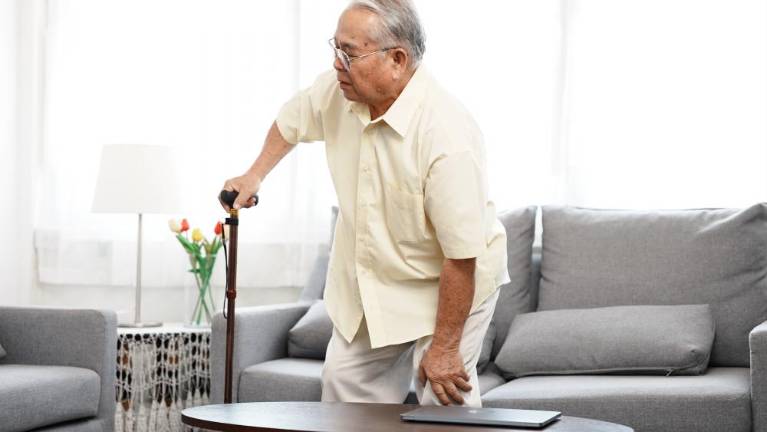Living Safe and Well Alone
Three rules for singleton Manhattan apartment dwellers

Live alone? You’re not alone. Several recent surveys show that almost half of all Manhattan tenants are singletons.
It’s a pricey position. Co-op and condo costs have skyrocketed and so have rents for those not firmly planted in rent control or regulated places. In fact, the online apartment search site Street Easy estimates you need to earn a cool $115,800 a year, twice the average local salary, to afford to rent a mid-range Manhattan one-bedroom or studio.
Even so, the benefits are obvious.
You get to arrange things exactly to your liking. If housework’s not your thing you can avoid it right up to the moment you notice you can write your name in the dust on the coffee table. And you can eat breakfast lunch and dinner in your skivvies. Or less.
But there’s a serious downside. Stories of single tenants who’ve gone to their reward with no one noticing range from the Italian lady found sitting mummified in her living room rocker two years after the last time she was seen outside to a local tale of woe in which building staff wanted to check on an older tenant not seen for a few days but Management said entering her apartment would be illegal, even though all leases have a paragraph giving landlords the right to enter when necessary.
Eventually, a neighbor heard weak cries for help, staff went in, found the woman lying on the floor, and called EMS. (If you see this happening, you need to know that a call to 911 will bring the cops to check on an absent neighbor as will contacting adult protective services at https://www1.nyc.gov/site/hra/help/adult-protective-services.page.)
While these examples involved older tenants, even 30-year-olds have been known to trip and fall on their heads. What matters isn’t age. It’s living alone.
If that’s you, how to protect yourself? Try these rules:
1. In a doorman building, get to know the doorman really well. And the super. And the porters. Landlords are rarely on scene. Building staff are the ones most likely to watch tenants coming and going during the day and notice when someone’s not showing up.
2. If you have neighbors on the floor, make friends who may notice your comings and goings or, more importantly, your not comings and goings.
3. Write a letter to your landlord. Naturally, you’ll check with your lawyer, but the words might look something like this:
“Dear Landlord: As you know, I live alone. As you also know, I am about the building every day. If I miss a day, this letter gives the Superintendent permission to check on me, including the right to enter the apartment if necessary. Please confirm, in writing, receipt of this letter, and let me know if you require any more specific information/directions.”
And yes, get one of those medical alert thingamabobs you can wear as a necklace or bracelet and press to signal for help. Some even come with GPS so protection goes everywhere you do.
The life you save may be your own.